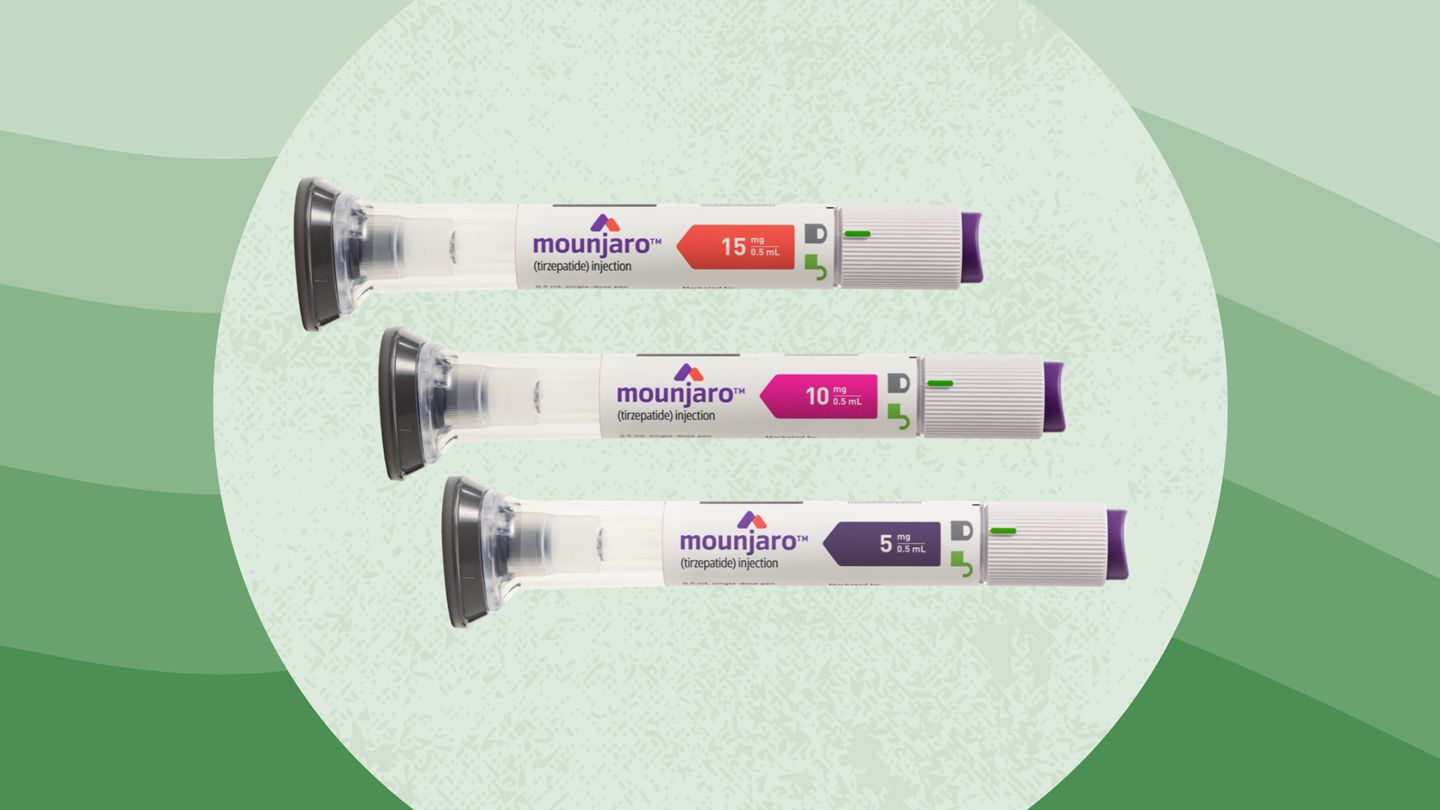The weight-loss medication tirzepatide, sold under the brand names Mounjaro and Zepbound, is facing heightened scrutiny after reports of several cases of pancreatitis, a potentially serious inflammation of the pancreas, in patients taking the drug. This development has raised concerns among medical experts and regulatory authorities about the safety profile of this popular GLP-1 agonist.
Pancreatitis is a known but relatively rare side effect associated with GLP-1 drugs like Ozempic and Wegovy. However, the recent cluster of cases involving tirzepatide has prompted a closer examination of the risk factors and potential mechanisms behind this adverse event.
While the absolute number of reported pancreatitis cases remains low, experts are urging caution and calling for increased vigilance in monitoring patients on tirzepatide. They stress the importance of carefully evaluating individual risk factors, such as a history of pancreatitis or gallbladder disease, before initiating treatment.
The FDA and other regulatory bodies are closely monitoring the situation and have issued advisories for healthcare professionals, reminding them to be aware of the potential risk and educate patients on the signs and symptoms of pancreatitis, which include severe abdominal pain, nausea, and vomiting.
Pharmaceutical companies manufacturing tirzepatide, including Eli Lilly and Novo Nordisk, are also actively investigating these reports and working closely with regulatory agencies to ensure the safe use of their products.
As the use of GLP-1 agonists for weight management continues to increase, this development underscores the importance of ongoing pharmacovigilance and the need for further research to better understand the risk factors and potential mechanisms behind pancreatitis associated with these medications.





